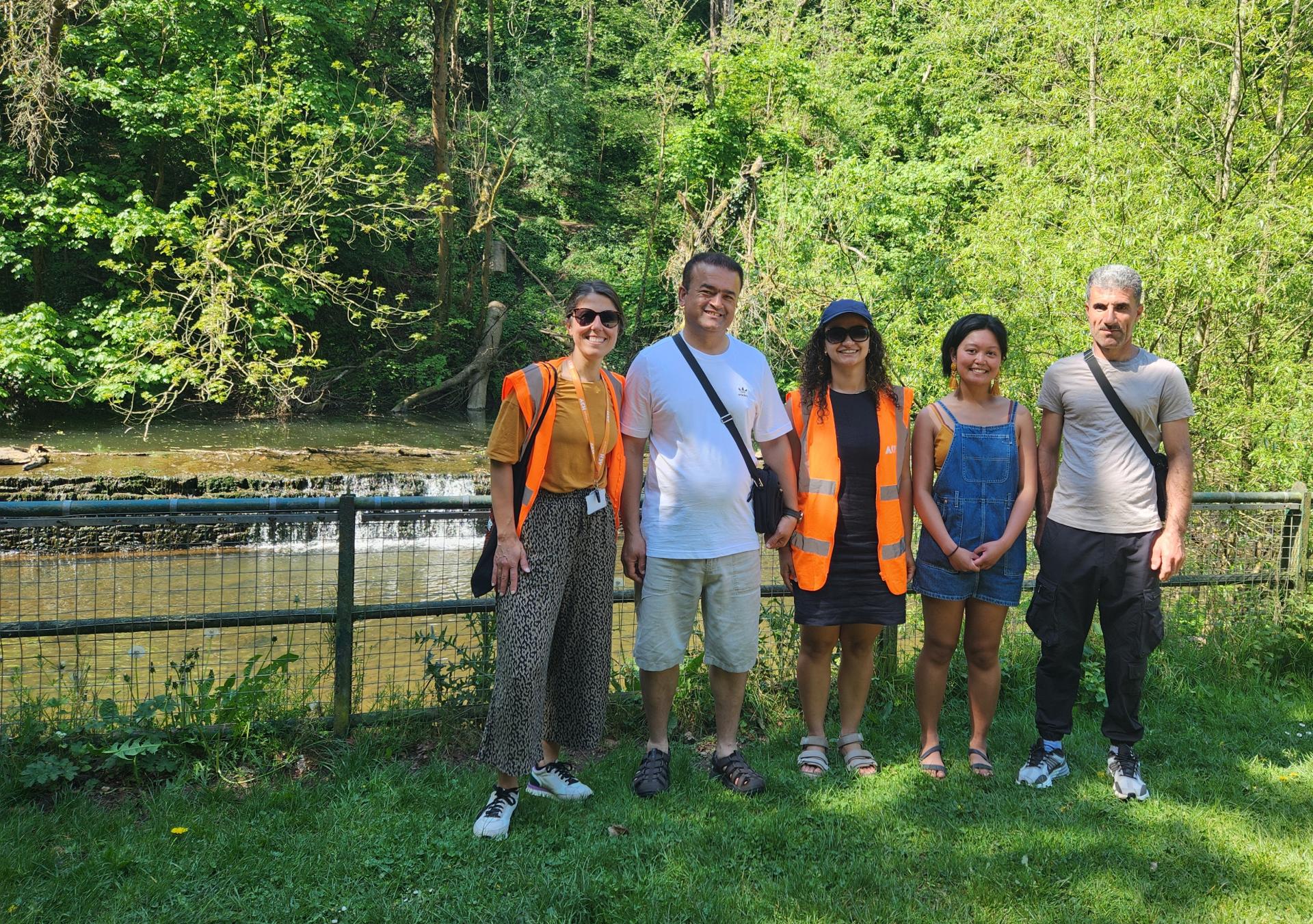
Breaking barriers to green jobs: what we learned from supporting refugees into sustainability
Refugees and migrants – communities often excluded from environmental conversations – are not only essential to creating a more inclusive society but are key contributors to a greener, fairer future. That’s why we’re proud to share two new publications reflecting on our sustainability work in Bristol: a practical How to Write a Sustainability Course for Your Community guide and our detailed Insights Report on green employability and enterprise.
A community-led approach to green skills
These resources were produced as part of the Community Climate Action (CCA) project, coordinated by the Bristol Climate & Nature Partnership and funded by the National Lottery’s Climate Action Fund. ACH was one of five core delivery partners focused on engaging marginalised communities in Bristol’s transition to a net-zero future.
Our main goal is to equip individuals with the knowledge, confidence, and skills to access green jobs or launch sustainable businesses — all while celebrating the sustainable practices that many migrants already bring with them.
Introduction to green employment course
This grassroots course introduced key sustainability concepts like climate change, green skills, circular economy, and the Sustainable Development Goals (SDGs) — while also providing CV writing help, guest speaker sessions, and field trips to farms and conservation sites. The course was co-designed with people with lived experience and hosted in partnership with St Werburgh’s City Farm to deepen connections to nature and community.
We also found that our tenants emit 60% less carbon than the average Bristolian — often due to more sustainable daily behaviours, even if these weren’t initially recognised as “green.” By making language and opportunities more accessible, we helped participants see their contributions and potential more clearly.
The Green Growth Accelerator Programme
In parallel, our Green Growth Accelerator Programme supported 97 refugee and migrant entrepreneurs in embedding sustainability into their businesses. From cutting down single-use plastics to adopting low-waste practices, many of our clients made lasting changes — often driven by cultural practices they brought with them.
However, barriers such as the high cost of sustainable materials, inaccessible training eligibility criteria, and language barriers remain real challenges. That’s why we’ve included tailored policy and partnership recommendations in our Insights Report, calling on employers, councils, and funders to make sustainability more inclusive.
What we learned
- 30% of clients have now accessed training or volunteering in the green sector
- Many report improved sustainability knowledge, behaviour change, and career confidence
- Partnerships and 1:1 support were key to building trust and unlocking access
- Language matters — “green” is not always understood without explanation
- Communities need accessible training, not just opportunities
Partners
This work would not have been possible without the dedication and support of:
- Bristol Climate & Nature Partnership
- National Lottery’s Climate Action Fund
- St Werburgh’s City Farm
- Local employers, speakers, and green sector organisations who opened doors
Together, we are proving that climate action is stronger when it includes everyone.